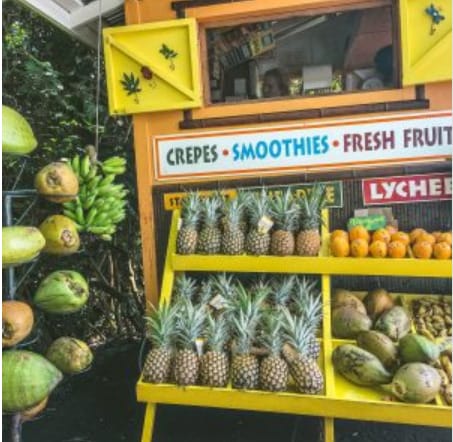
Community-driven solutions to food insecurity in Hawai’i
Hawai’i remains one of the most beloved states in the country because of its beauty and deep-rooted culture. However, this has not prevented the islands from facing numerous challenges, both
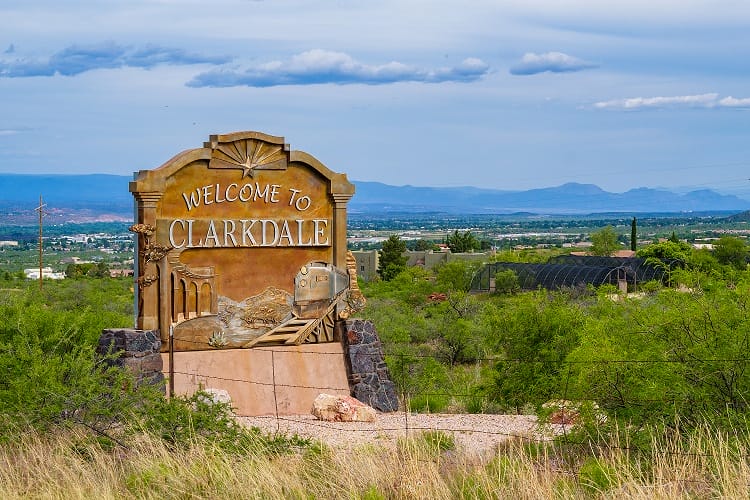
Fall 2021 Clarkdale student project showcase recap
On November 30, 2021, ASU Project Cities hosted its virtual project showcase with the Town of Clarkdale. Two classes worked with the Town of Clarkdale to recommend design features to elevate the Town’s Selna-Mongini Park.
Students recap project findings for Fall 2021 student showcase
Students recap project findings for Fall 2021 student showcase On December 1, 2021, ASU Project Cities hosted its virtual project showcase with the City of Peoria. Students from five ASU
Future Cities episode 55: Climate Gentrification in Coastal Cities
In this episode, a diverse team of graduate students discuss their research on climate gentrification in the Eastern coast of the United States and their personal stories about why they

Future Cities Episode 55: Climate gentrification in coastal cities
In this episode, a diverse team of graduate students discuss their research on climate gentrification in the Eastern coast of the United States and their personal stories about why they
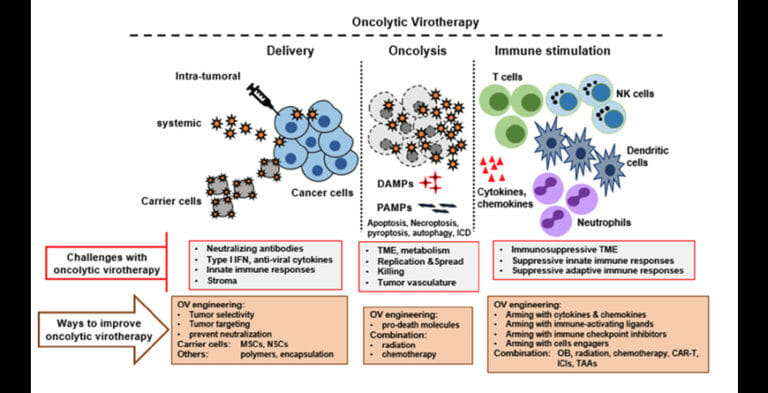
New review highlights cancer-crushing viruses
With the world still in the grip of a devastating pandemic, it’s hard to imagine viruses as something other than hostile enemies to be vanquished. But in a recent review article for the journal Cancers, Masmudur Rahman and Grant McFadden describe a class of viruses that act to combat rather than cause deadly disease. Such oncolytic viruses as they are known, have a remarkable ability to target and destroy cancer cells, while leaving healthy cells untouched. “The field of oncolytic
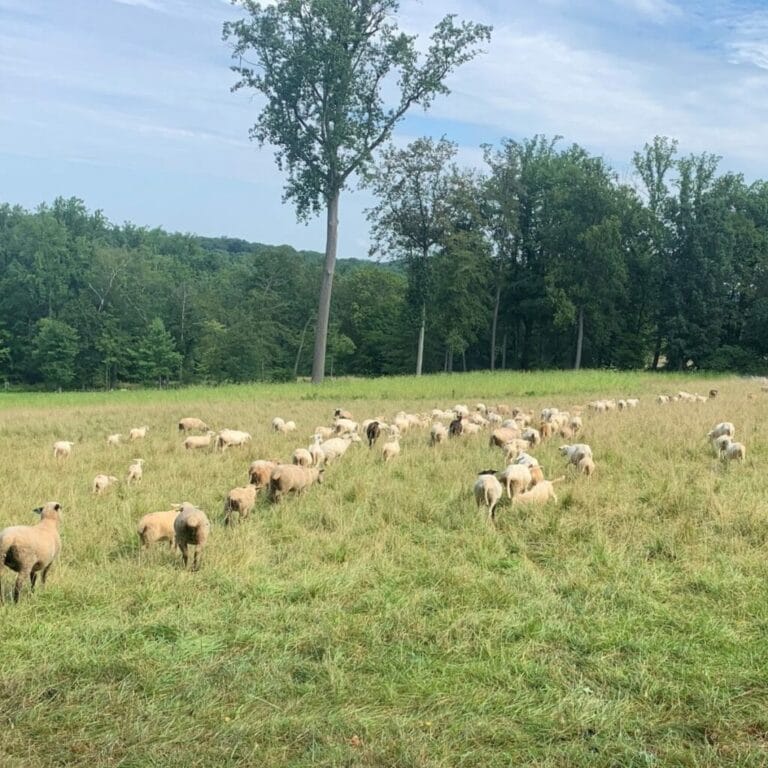
Learning the importance of connections at Stone Barns Center for Food and Agriculture
For the culmination of his work for the summer as a student worker for the Swette Center, Tucker Larson spent a week at Stone Barns Center for Food and Agriculture

The innate immune responses during coronavirus infection
Henry (Yize) Li, PhD, Biodesign Center for Immunotherapy, Vaccines and Virotherapy Viroholics, will present as part of the Biodesign Center for Immunotherapy, Vaccines and Virotherapy Viroholics Seminar Series. Join via Zoom: https://asu.zoom.us/j/88240683626.

Virus-Host interactions for Oncolytic Virotherapy
Masmudur Rahman, PhD, Biodesign Center for Immunotherapy, Vaccines and Virotherapy Viroholics, will present as part of the Biodesign Center for Immunotherapy, Vaccines and Virotherapy Wednesday Seminar Series. Join via Zoom: https://asu.zoom.us/j/88567521236.

Reovirus replication factories: A tale of two machines
Terence S. Dermody, MD, University of Pittsburgh School of Medicine, will present as part of the Biodesign Center for Immunotherapy, Vaccines and Virotherapy Viroholics Seminar Series. Join via Zoom: https://asu.zoom.us/j/88240683626.
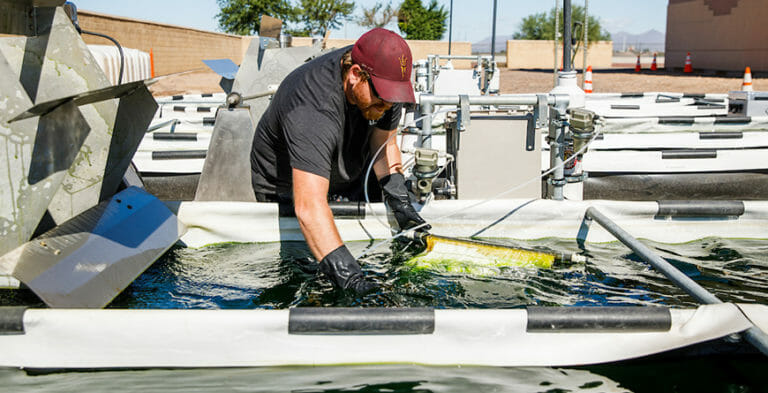
Zero waste water
ASU researchers see potential in wastewater When you think about wastewater — if you do at all — you probably think of reeking, worthless sewage that you flush down the

Meet affiliated faculty Marco Janssen
Read on for an interview with Marco Janssen, Senior Global Futures Scientist in the Julie Ann Wrigley Global Futures Laboratory; Professor in the School of Sustainability, College of Global Futures; Director for the Center for Behavior, Institutions and the Environment, College of Liberal Arts and Sciences.